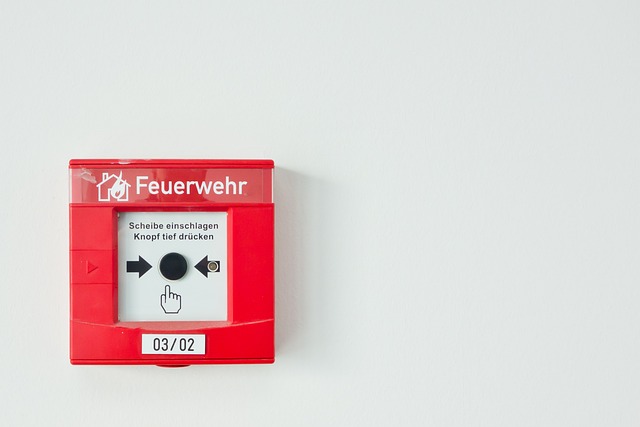Fire safety is an essential consideration for all homeowners, businesses, and public spaces. One of the most important tools for detecting and preventing fires is the smoke detector. Smoke detectors have come a long way since their invention, with advancements in technology and legislation driving their evolution. In this article, we will explore the history of smoke detectors, from their early beginnings to their modern-day integrations with smart home systems.
Early History of Smoke Detectors
The first smoke detector was invented in 1890 by Francis Upton, who used a simple mechanical device to detect the presence of smoke. However, it wasn’t until the 1930s that smoke detectors became widely available for residential use.
These early smoke detectors used radioactive materials to detect smoke particles and sounded an alarm when smoke was present. In 1951, the first ionization smoke detector was invented, which used a small amount of radioactive material to detect smoke particles.
Development of Modern Smoke Detectors
In the 1960s, the photoelectric smoke detector was invented, which used a beam of light to detect smoke particles. This technology was more sensitive to slow-burning fires, which had previously been a weakness of ionization detectors.
In the 1970s, combination smoke detectors were introduced, which used both photoelectric and ionization technologies to provide comprehensive smoke detection. Innovations in smoke detector technology continued throughout the 20th century, with wireless smoke detectors and interconnected systems becoming popular in the 1990s.
Legislative Requirements
Smoke detector legislation has played a significant role in the development and adoption of smoke detectors. In the United States, smoke detector installation laws have been implemented state by state, with the first law requiring smoke detectors in new homes being passed in New York in 1961.
Today, smoke detector laws are in place in all 50 states, and many countries have similar legislation. The impact of these laws has been significant, with the National Fire Protection Association reporting that the risk of dying in a home fire is cut in half in homes with working smoke detectors.
Future of Smoke Detectors
Research and development in smoke detector technology continue to this day, with a focus on improving accuracy, reliability, and integration with other technologies. Smart home integrations are becoming increasingly popular, with smoke detectors being connected to security systems and home automation devices. The potential for emerging technologies, such as artificial intelligence and the Internet of Things, to revolutionize smoke detector design is an exciting prospect.
Conclusion
In conclusion, the History of Smoke Detectors have come a long way since their invention in the late 19th century. The evolution of smoke detector technology has been driven by advancements in science, legislation, and consumer demand for increased safety.
From the first mechanical smoke detector to modern smart home integrations, smoke detectors have saved countless lives and prevented countless fires. It is essential that we continue to invest in smoke detector technology and legislation to ensure that fire safety remains a top priority for all.
FAQs:
When was the first smoke detector invented?
The first smoke detector was invented in 1890 by Francis Upton.
What is the difference between photoelectric and ionization smoke detectors?
Photoelectric smoke detectors use a beam of light to detect smoke particles, while ionization smoke detectors use a small amount of radioactive material to detect smoke particles.
Are smoke detectors required by law?
In many countries, smoke detector laws are in place, requiring smoke detectors to be installed in homes and public spaces
What are smart home integrations for smoke detectors?
Smart home integrations allow smoke detectors to be connected to security systems and home automation devices, providing alerts and notifications in case of a fire.
How have smoke detectors improved fire safety?
Smoke detectors have played a critical role in improving fire safety by detecting smoke early, allowing for early intervention and preventing fires from spreading.


